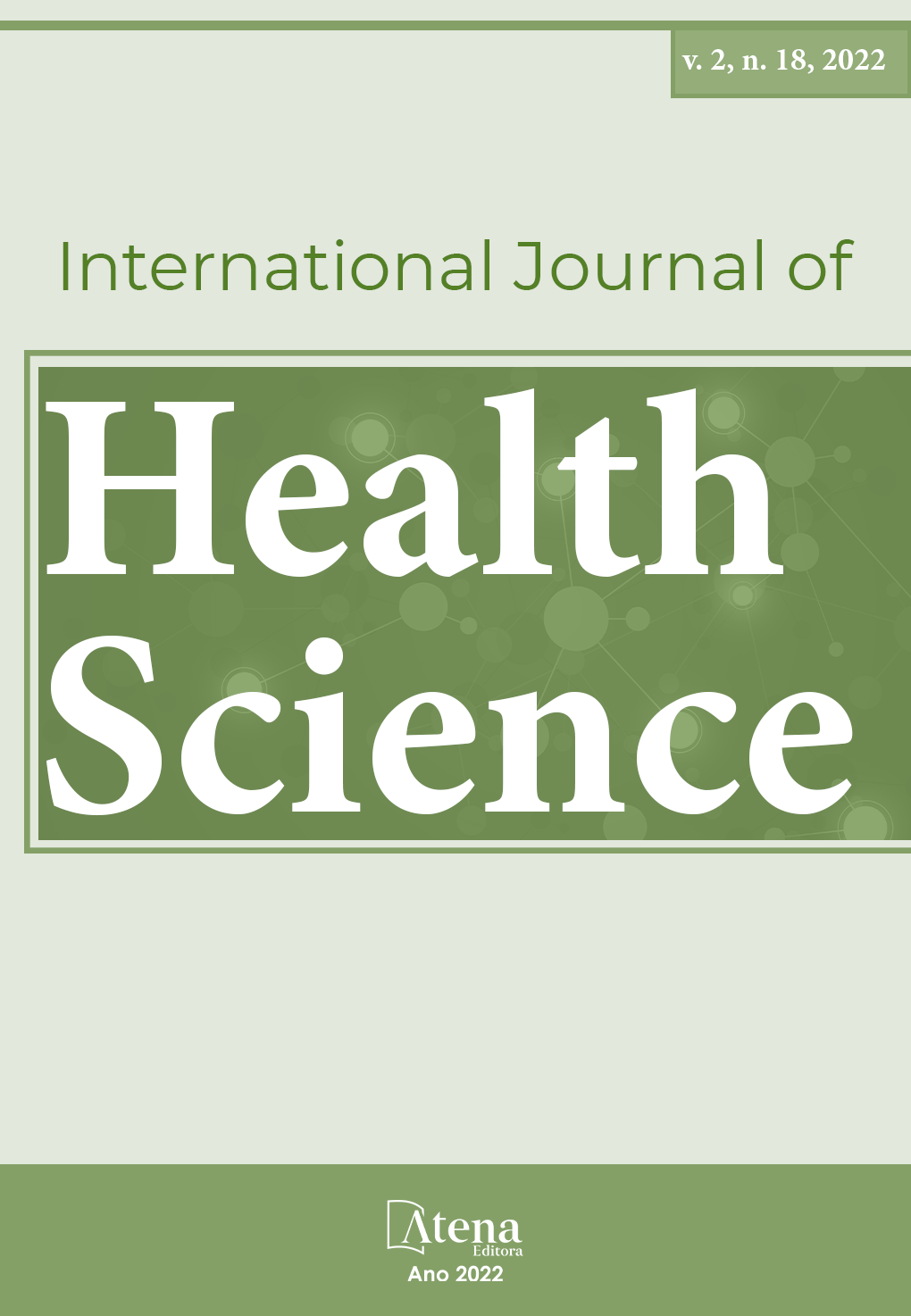
CHALLENGES OF NUTRITIONAL THERAPY IN PATIENTS AFTER PEDIATRIC HEART SURGERY
Goal: To assess the adequacy of postoperative nutritional support for children undergoing cardiac surgery for seven days after admission to the PICU. Methods: Twenty-seven children aged 0 to 50 months were evaluated after admission to a pediatric intensive care unit (PICU). Patients who were born at term, using enteral or parenteral nutritional therapy or both and who remained at least 24 hours after cardiac surgery in the PICU were included. The type of alterations (cyanotic and acyanotic), age and weight of the child in the immediate preoperative period, prescribed diet and respective evolution, intervals and reason for diet interruption were collected. Results: The median age was 3 months and 55.6% (n=15) were boys. In the preoperative evaluation, 66.7% (n=18) of the patients had adequate weight for their age, corresponding to a weight-for-age Z score of -1.03± 1.9. In up to 7 days of hospitalization, 55.6% (n=15) reached at least 90% of the established energy goal, representing a daily supply of 137.89 ± 14.3kcal/Kg of total energy needs. Diet suspension occurred in 40.7% (n=11) of the cases, with tube traction (7.4%; n= 2), digestive bleeding (7.7%; n= 2) and vomiting (11.1%; n= 3) the most observed causes. Half of the patients evaluated had a cyanotic heart defect (n=13, 50%). Those who had a cyanotic-type heart defect had a shorter time on mechanical ventilation (p 0.035) when compared with acyanotic patients.
Conclusion: Almost half of the patients did not meet the predicted nutritional needs within 7 days of PICU stay. These findings indicate important challenges in the care of postoperative patients with heart disease in intensive care.
CHALLENGES OF NUTRITIONAL THERAPY IN PATIENTS AFTER PEDIATRIC HEART SURGERY
-
DOI: 10.22533/at.ed.1592182201048
-
Palavras-chave: Heart diseases; Nutritional therapy; pediatric intensive care unit.
-
Keywords: Heart diseases; Nutritional therapy; pediatric intensive care unit.
-
Abstract:
Goal: To assess the adequacy of postoperative nutritional support for children undergoing cardiac surgery for seven days after admission to the PICU. Methods: Twenty-seven children aged 0 to 50 months were evaluated after admission to a pediatric intensive care unit (PICU). Patients who were born at term, using enteral or parenteral nutritional therapy or both and who remained at least 24 hours after cardiac surgery in the PICU were included. The type of alterations (cyanotic and acyanotic), age and weight of the child in the immediate preoperative period, prescribed diet and respective evolution, intervals and reason for diet interruption were collected. Results: The median age was 3 months and 55.6% (n=15) were boys. In the preoperative evaluation, 66.7% (n=18) of the patients had adequate weight for their age, corresponding to a weight-for-age Z score of -1.03± 1.9. In up to 7 days of hospitalization, 55.6% (n=15) reached at least 90% of the established energy goal, representing a daily supply of 137.89 ± 14.3kcal/Kg of total energy needs. Diet suspension occurred in 40.7% (n=11) of the cases, with tube traction (7.4%; n= 2), digestive bleeding (7.7%; n= 2) and vomiting (11.1%; n= 3) the most observed causes. Half of the patients evaluated had a cyanotic heart defect (n=13, 50%). Those who had a cyanotic-type heart defect had a shorter time on mechanical ventilation (p 0.035) when compared with acyanotic patients.
Conclusion: Almost half of the patients did not meet the predicted nutritional needs within 7 days of PICU stay. These findings indicate important challenges in the care of postoperative patients with heart disease in intensive care.
-
Número de páginas: 15
- Gabriela Grendene
- Flavia Kruger Cousseiro
- Fabiana Viegas Raimundo
- Simone Pereira Fernandes


